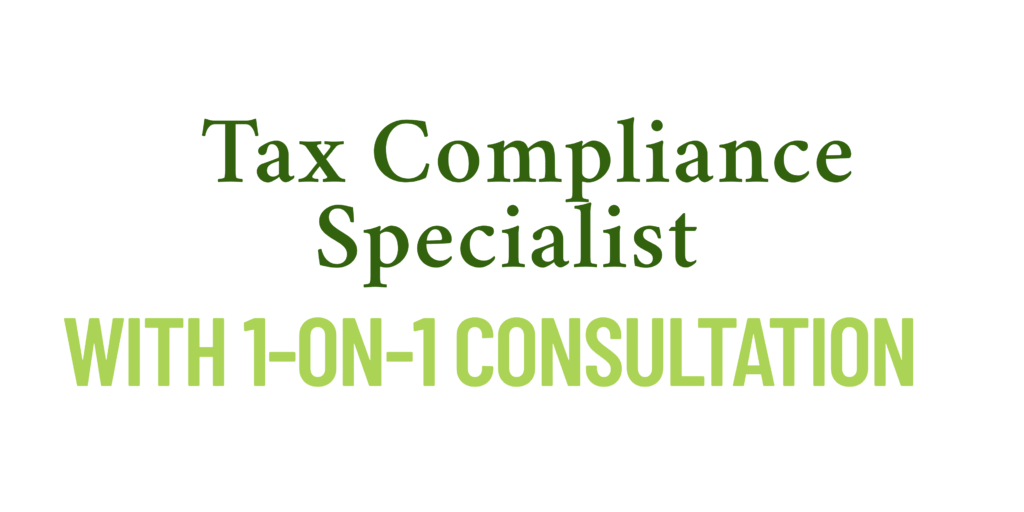
BIR Accreditation in the Philippines: A Complete Guide for Professionals
Introduction
Navigating the complex world of tax compliance in the Philippines can feel like trying to find your way through a maze with constantly changing paths. Whether you’re an established accountant looking to expand your services, a professional managing your own practice, or someone considering a career shift into tax specialization, understanding BIR accreditation is essential for professional success and legal compliance.
This guide breaks down the fundamentals of BIR accreditation in simple terms, helping you understand why it matters and how to obtain it properly.
What is BIR Accreditation?
BIR accreditation is essentially your official license to provide tax-related services in the Philippines. Think of it as your professional passport that allows you to legally operate in the tax landscape. Without this accreditation, professionals cannot represent clients before the Bureau of Internal Revenue or offer certain tax services.
For professionals such as accountants, tax practitioners, and consultants, BIR accreditation is not just a legal requirement—it’s a mark of credibility that clients look for when seeking tax assistance.
Why BIR Accreditation Matters
Getting accredited with the BIR offers several key advantages:
- Legal Authority: You gain the legal right to represent clients before the BIR
- Professional Credibility: Accreditation signals to clients that you meet professional standards
- Expanded Service Offerings: You can provide comprehensive tax compliance services
- Income Potential: Accredited professionals can command higher rates for their specialized services
- Career Advancement: For career shifters, this credential opens doors to new professional opportunities
Without proper accreditation, you risk penalties for unauthorized practice and miss out on valuable client opportunities.
Types of BIR Accreditation for Professionals
The BIR offers different types of accreditation depending on your professional background and the services you intend to provide:
1. Accreditation for Certified Public Accountants (CPAs)
This allows CPAs to represent taxpayers before the BIR, prepare and file tax returns, and provide other tax-related services.
2. Accreditation for Tax Practitioners
For professionals who are not CPAs but specialize in tax matters, including lawyers focusing on taxation.
3. Accreditation for Tax Agents
For individuals who will represent taxpayers before the BIR in matters involving assessment, collection, and other tax-related concerns.
4. Accreditation for Bookkeepers
For those who maintain accounting records and prepare financial statements for submission to the BIR.
Step-by-Step Guide to Obtaining BIR Accreditation
Securing your BIR accreditation involves a structured process:
Step 1: Gather Required Documents
For CPAs and tax practitioners, typical requirements include:
- Application form (BIR Form 1904)
- Professional Tax Receipt (PTR)
- Professional Regulation Commission (PRC) ID (for CPAs)
- Tax Identification Number (TIN) card
- Certificate of Registration
- Proof of attendance at BIR tax seminars
- Recent passport-sized photos
- Proof of payment of accreditation fee
Step 2: Complete Required Training
Before applying, ensure you’ve completed the required BIR-accredited tax seminars. These typically cover:
- Updates on tax laws and regulations
- Tax filing procedures
- BIR audit processes
- Tax compliance best practices
Keep certificates of attendance as these will be required for your application.
Step 3: Submit Your Application
File your complete application at the BIR Revenue District Office (RDO) having jurisdiction over your place of business or practice. The process typically involves:
- Submission of documents
- Payment of accreditation fees
- Evaluation of your application
- Issuance of a Certificate of Accreditation upon approval
Step 4: Maintain Your Accreditation
BIR accreditation isn’t permanent. To keep it valid:
- Renew your accreditation every three years
- Attend continuing professional education courses
- Comply with all BIR regulations for accredited tax practitioners
- Maintain good standing with the PRC (for CPAs) or relevant professional bodies
Take the next step in your professional journey—refresh and get up to date knowledge today!
This blog post is for educational purposes only and does not constitute legal or tax advice. Tax regulations are subject to change, and specific situations may require professional consultation.
